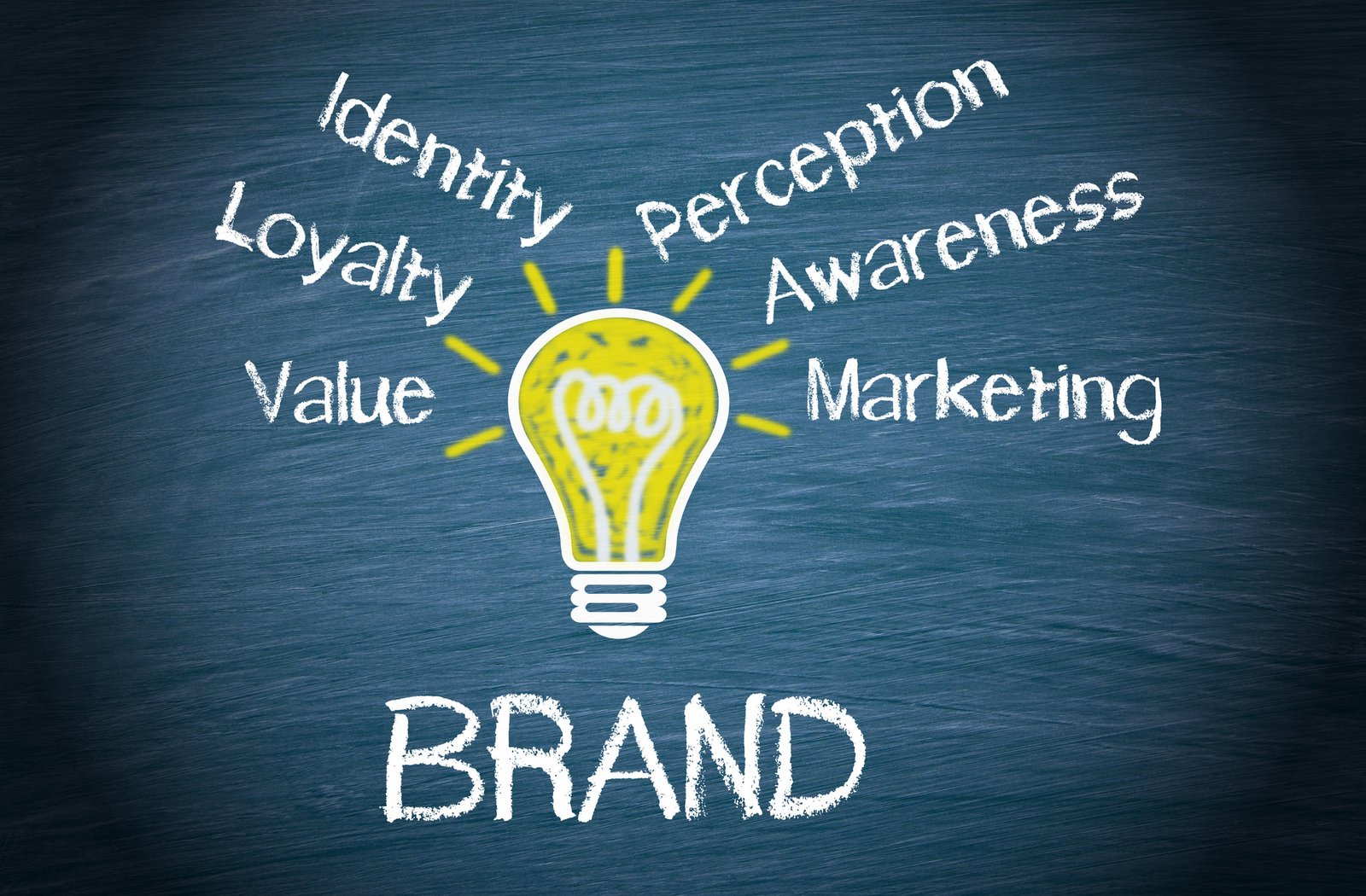Did you know there are seven principles of persuasion that drive a consumer’s decision-making? Too many businesses believe price is the biggest factor in what a person buys. But the effects of a company’s branding begin long before a buyer sees the price tag.
So when you’re thinking about opening a business, consider the influence of marketing for startups. Human behavior is key in building an effective brand for startups.
Here’s a look at some branding for startups and how they connect to the seven principles of consumer persuasion.
Brand Marketing
There’s more to marketing your brand than overhead signage and fancy advertising. You must think about your brand’s messaging across a multitude of platforms. Proper messaging helps build brand awareness for startups.
When sharing the story of your company’s history, purpose, and goals, consistency is key. The same story must appear on your company’s website, social media, and other marketing material. This includes business cards, brochures, and acrylic signs that are introductory branding for startups.
Brand Reputation
Customers are going to talk about your business to their friends and family. But whether they sing your praises or discourage patronage is often up to you. Customer satisfaction influences repeat business, which potential customers view as social proof of your company’s brand value.
Another effect of a positive brand reputation is a network liking your brand. This is very important in brand building for startups. And it occurs because people trust the reviews and referrals from those closest to them.
Brand Loyalty
Some people may believe only small neighborhood shops can show unity. But even the big brands have an opportunity to prove their customers are like family. Having loyalty programs and greeting frequent customers by name are just a few ways for your brand to project unity in your community.
Building a reputation could also lead to you being viewed as an authority in the business. That generates more trust in your brand and brings about increased business. And if your brand’s reputation was built on authentic behavior, you should have no problem maintaining customer loyalty.
Brand Demand
As more consumers witness your brand’s loyalty and reputation, you’ll experience increased brand demand. And a scarcity of products and services may cause customers to want even more of what you’re selling. How you handle the higher demand can make or break your startup business.
Recognizing your customer’s needs during these times is most important. This could require you to suggest product or service alternatives. Or you can offer incentives for customers who wait for new supplies. They’ll remember your commitment and likely reciprocate with additional purchases above what they originally wanted.
Branding for Startups
Whether they’re shopping online or in person, buyers are influenced by effective marketing. Secure a competitive edge with these tips for branding for startups. The best branding strategy for startups hits all seven principles of consumer persuasion.
Bookmark our blog to easily find the latest news and information.

